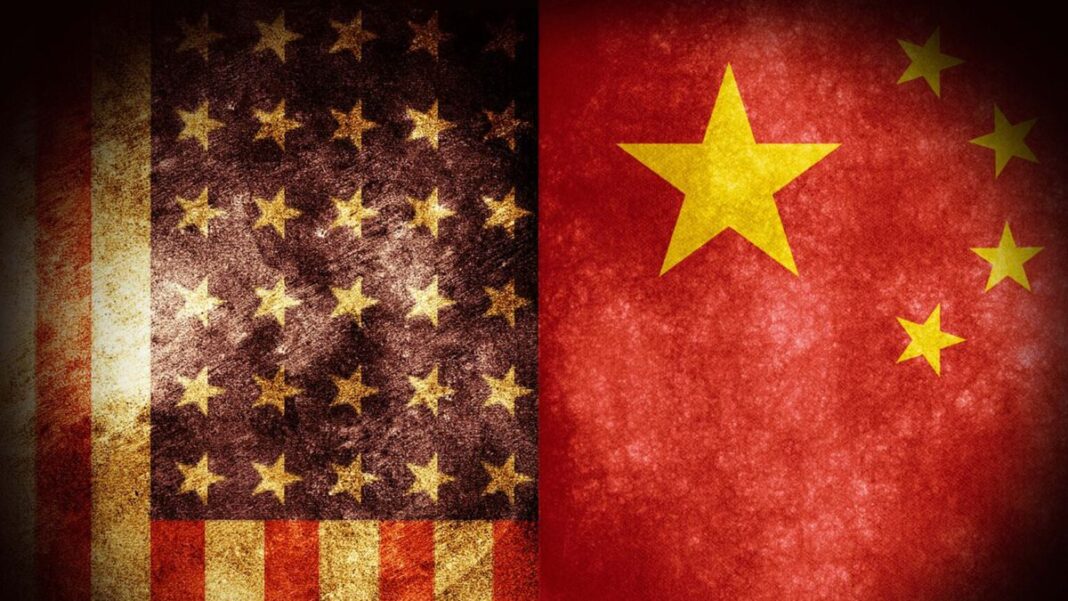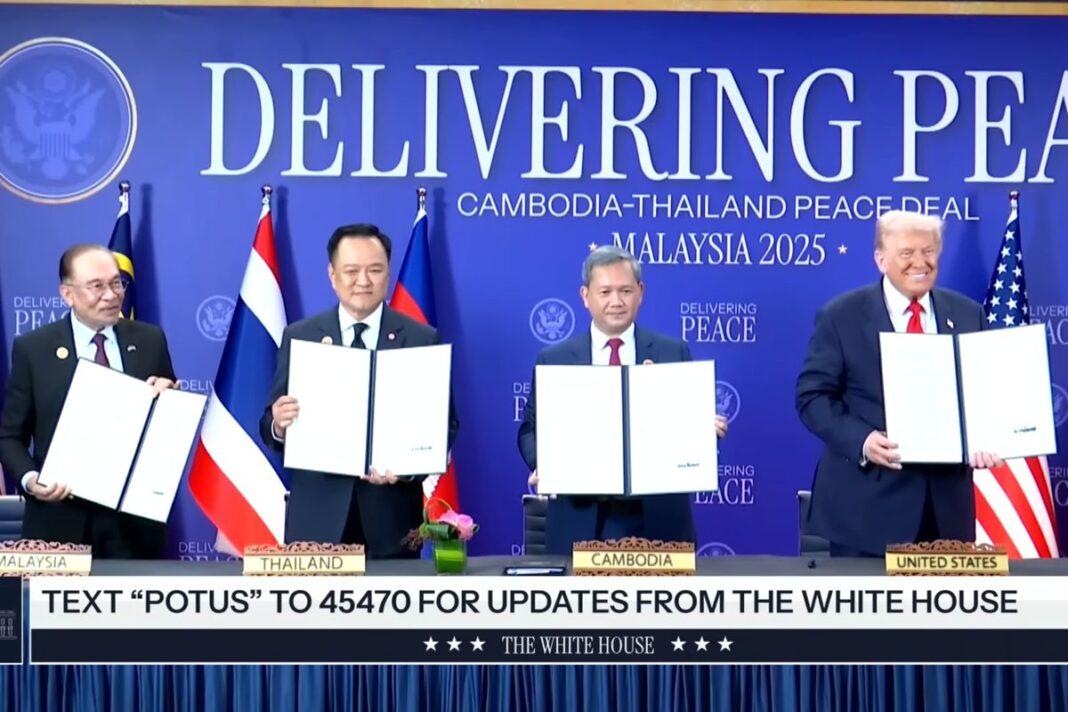The deal still needs approval of two countries’ leaders.
The United States and China have reached a preliminary deal on a range of trade issues, representatives from both sides said on Oct. 26, after two days of negotiations in Malaysia.
U.S. Treasury Secretary Scott Bessent said that a “very substantial framework” was established with Chinese trade negotiators in Kuala Lumpur, Malaysia, that would avoid additional 100 percent tariffs on Chinese products.
“President Trump gave me a great deal of negotiating leverage with the threat of the 100 percent tariffs,” Bessent said in an interview on NBC’s “Meet the Press” on Oct. 26. “I believe we’ve reached a very substantial framework that will avoid that and allow us to discuss many other things with the Chinese.”
He said he expected Beijing to offer “some kind of a deferral” on its imposition of sweeping rare earth export controls.
“They had threatened to put a global, export licensing regime, and I believe that they are going to delay that for a year while they reexamine it,” Bessent said in a later interview with ABC.
He mentioned that China agreed on “substantial agriculture purchases for U.S. farmers.”
Although Bessent didn’t disclose details, he said he is confident that when the deal with China is made public, “[U.S.] soybean farmers will feel very good about what’s going on, both for this season and the coming seasons, for several years.”
The two sides also agreed that Beijing would begin to help the United States with the precursor chemicals for the fentanyl epidemic in the United States, Bessent added.
Meanwhile, China’s commerce ministry issued a statement confirming that Vice Premier He Lifeng had reached an initial consensus after engaging in “frank, in-depth, and constructive” conversation with Bessent and U.S. Trade Representative Jamieson Greer.
The two sides discussed issues including port fees, the extension of the trade truce, fentanyl, agricultural products trade, and export controls, according to the statement published on the website of China’s Ministry of Commerce on Oct. 26.
The two sides agreed to iron out the specific details of the framework and go through their respective internal approval processes, it added.
“The U.S. position is tough,” China’s international trade negotiator, Li Chenggang, told reporters in Kuala Lumpur earlier on Oct. 26.
China and the United States had “more than a day of very intense discussion,” he added.
President Donald Trump has expressed high expectations of meeting Chinese leader Xi Jinping next week on the sidelines of the Asia-Pacific Economic Cooperation summit.
By Dorothy Li








